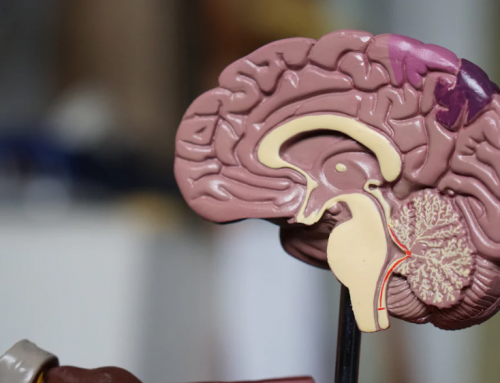What are probiotics?
Probiotics are live microorganisms (microbes) that can have beneficial effects on or inside your body. Every human body is home to trillions of microorganisms that live with us and help support our bodily functions and health. Not all of the microbes we may carry are helpful to us — some types (germs) can be harmful. But beneficial microbes, like probiotics, help to control the potentially harmful types.
Probiotic products contain select, beneficial types of microbes to add to the populations already living in your body. Many probiotics are oral supplements designed to be ingested into your gastrointestinal tract. Others are topical products that you can apply to your skin or to the mucous membranes inside your body cavities, like your nose or genitals. These are all places where beneficial microbes commonly live.
What do probiotics do?
Probiotics are food and health products that contribute live, beneficial microbes to the populations within your gut and elsewhere, in order to strengthen those communities. They’re meant to prevent and treat dysbiosis — an imbalance or a deficit of beneficial microbes in your microbiome. When they work, the microbes take up residence on or in your body, adding to the populations already living there.
Researchers are trying to figure out exactly how probiotics work. Some of the ways they may keep you healthy:
When you lose “good” bacteria in your body, for example after you take antibiotics, probiotics can help replace them.
They can help balance your “good” and “bad” bacteria to keep your body working the way it should.
Among other things, probiotics help send food through your gut by affecting nerves that control gut movement. Some common conditions they treat are:
- Irritable bowel syndrome
- Inflammatory bowel disease (IBD)
- Infectious diarrhea (caused by viruses, bacteria, or parasites)
- Diarrhea caused by antibiotics
There is also some research that shows they’re useful for problems in other parts of your body. For example, some people say they have helped with:
- Skin conditions, like eczema
- Urinary and vaginal health
- Preventing allergies and colds
- Oral health
Probiotic benefits
Microbes in the lower intestinal tract help us digest food, fight harmful bacteria, and regulate the immune system.
When the gut becomes unbalanced with unhealthy levels of certain bacteria, probiotics can help restore the balance. They’ve been shown to secrete protective substances, which may turn on the immune system and prevent pathogens from taking hold and creating major disease.
Some studies that suggest if you take a probiotic while taking antibiotics, you’re less likely to get diarrhea caused by the antibiotic. Probiotics may also reduce the number of colds you’ll have in a year.
Probiotics are commonly used to reduce gastrointestinal symptoms that are not due to acute illness, such as gas, bloating, and constipation.





